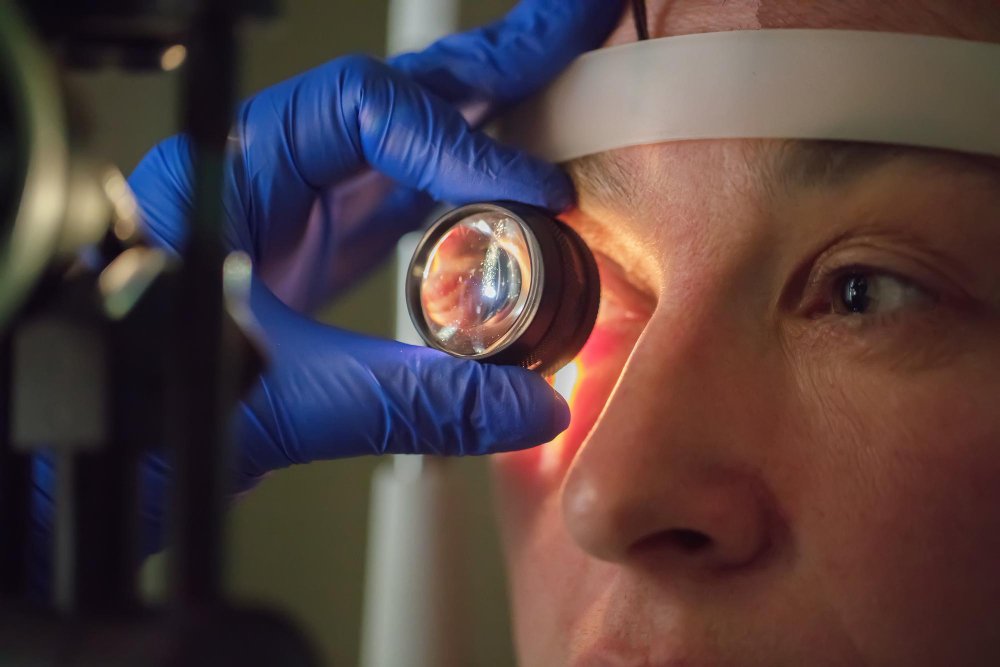Cataracts are one of the most common eye conditions affecting people over the age of 50, but they’re also one of the most treatable. With rapid advancements in ophthalmology, cataract treatment in Hyderabad has become highly efficient, minimally invasive, and incredibly safe.
Whether you’re beginning to notice changes in your vision or have been advised to consider surgery, understanding the process and what to expect can help you make informed decisions.
In this blog, we explore the latest techniques used in cataract surgery in Hyderabad, along with useful recovery tips to ensure a smooth healing journey.
What Are Cataracts?
Cataracts occur when the natural lens of the eye becomes cloudy, leading to blurred vision, difficulty seeing at night, increased glare sensitivity, and sometimes even double vision. Cataracts typically develop with age, but factors like diabetes, eye injuries, prolonged steroid use, or exposure to UV radiation can also contribute to their early onset.
While lifestyle changes, brighter lighting, or updated prescriptions may help in the early stages, surgery is the only effective treatment once the cataract starts interfering with daily activities.
When Should You Consider Cataract Surgery?
Cataract surgery is typically recommended when:
- Your vision has started affecting your daily life (e.g., driving, reading, watching TV)
- Glasses or contact lenses no longer help
- Your ophthalmologist finds significant lens clouding during an eye exam
- There’s risk of other complications like increased eye pressure or inflammation
In Hyderabad, many advanced eye hospitals and clinics offer cataract treatment with customized plans based on the severity of the condition and patient health.
Advancements in Cataract Surgery: What’s New?
Modern cataract surgery in Hyderabad has come a long way from traditional techniques. Today’s procedures are quicker, safer, and more precise, thanks to advanced technologies. Here are some of the most popular and effective methods:
1. Phacoemulsification (Phaco Surgery)
This is the most common and widely practiced method. A tiny incision is made in the cornea, and an ultrasound probe is used to break the cloudy lens into tiny fragments. These are then suctioned out, and an intraocular lens (IOL) is implanted in its place.
Benefits:
- Minimally invasive
- Quick recovery (usually within a week)
- No stitches required
- Very low complication rate
2. Femtosecond Laser-Assisted Cataract Surgery (FLACS)
One of the latest innovations in cataract treatment, this technique uses a femtosecond laser to perform key steps of the surgery like corneal incisions, lens fragmentation, and capsulotomy with extreme precision.
Advantages of FLACS:
- Bladeless and highly accurate
- Reduces risk of complications
- Ideal for patients with co-existing conditions like astigmatism
3. Micro-Incision Cataract Surgery (MICS)
This technique uses even smaller incisions than phacoemulsification typically around 1.8 to 2.2 mm. It reduces trauma to the eye and allows for faster healing.
Types of Intraocular Lenses (IOLs)
Choosing the right IOL is a crucial part of your cataract treatment in Hyderabad. The type of lens implanted will determine how well you see after surgery and whether you’ll still need glasses.
Here are the common IOL options:
1. Monofocal IOLs
Corrects vision at one distance (either near or far); glasses may still be required for reading or computer use.
2. Multifocal IOLs
Offers both near and distance vision; reduces dependence on glasses.
3. Toric IOLs
Corrects astigmatism as well as cataracts.
Your ophthalmologist will help you choose the right IOL based on your lifestyle, visual needs, and eye health.
What to Expect Before, During, and After Surgery
Before Surgery
- A detailed eye examination and measurements will be taken.
- You may be advised to stop certain medications before the procedure.
- Eye drops may be prescribed to prepare the eye.
During Surgery
- The procedure usually takes 15–30 minutes.
- It’s typically performed under local anesthesia.
- You’ll be awake but won’t feel any pain.
After Surgery
- Most patients go home within a few hours.
- A protective shield may be placed over your eye temporarily.
- Eye drops will be prescribed to prevent infection and reduce inflammation.
Recovery Tips After Cataract Surgery
Recovery from cataract surgery in Hyderabad is generally smooth, especially when you follow your ophthalmologist’s instructions carefully. Here are some key tips to speed up healing:
1. Follow Medication Schedule
Use the prescribed eye drops regularly to prevent infection and reduce inflammation.
2. Avoid Rubbing or Pressuring the Eye
Your eye will be sensitive for a few days avoid touching or pressing on it.
3. Protect Your Eyes
Wear sunglasses during the day to shield from dust, wind, and bright light. Use the protective eye shield while sleeping.
4. Limit Physical Activity
Avoid strenuous exercises, bending, or lifting heavy objects for at least a week.
5. Don’t Drive Immediately
Vision may take a day or two to stabilize. Wait for your doctor’s approval before driving.
6. Attend All Follow-Up Appointments
These check-ups are essential to monitor your healing and adjust any medication if needed.
Why Hyderabad is a Preferred Destination for Cataract Treatment
Hyderabad has emerged as a leading hub for cataract treatment in India. Here’s why patients from across the region trust the city:
- Highly qualified ophthalmologists with years of surgical experience
- Advanced equipment and technology, including femtosecond lasers and premium IOLs
- Affordable pricing for both standard and advanced surgical options
- Multi-specialty eye hospitals offering comprehensive care under one roof
If you’re considering cataract surgery in Hyderabad, it’s worth consulting a trusted eye hospital that offers both modern treatment options and personalized care.
Clear Vision is Just a Step Away
Cataracts don’t have to stand in the way of your life. With the availability of modern techniques and experienced ophthalmologists, cataract treatment in Hyderabad is now safer, quicker, and more successful than ever before.
Whether you opt for traditional phacoemulsification or bladeless laser-assisted surgery, the key to a smooth outcome lies in early detection, expert consultation, and proper recovery care. Take the first step towards clearer vision and a brighter, more confident future.
If you’re exploring your options for cataract surgery in Hyderabad, consider trusted eye care providers like EyeCure Hospital. With its advanced technology, experienced surgeons, and patient-first approach, EyeCure Hospitals has become a preferred choice for comprehensive and compassionate vision care in the city.


